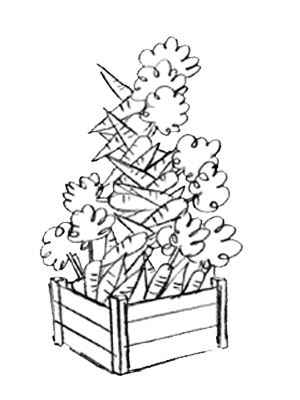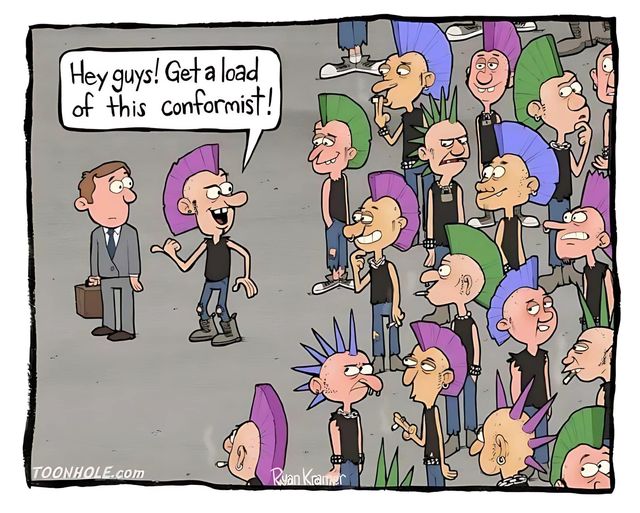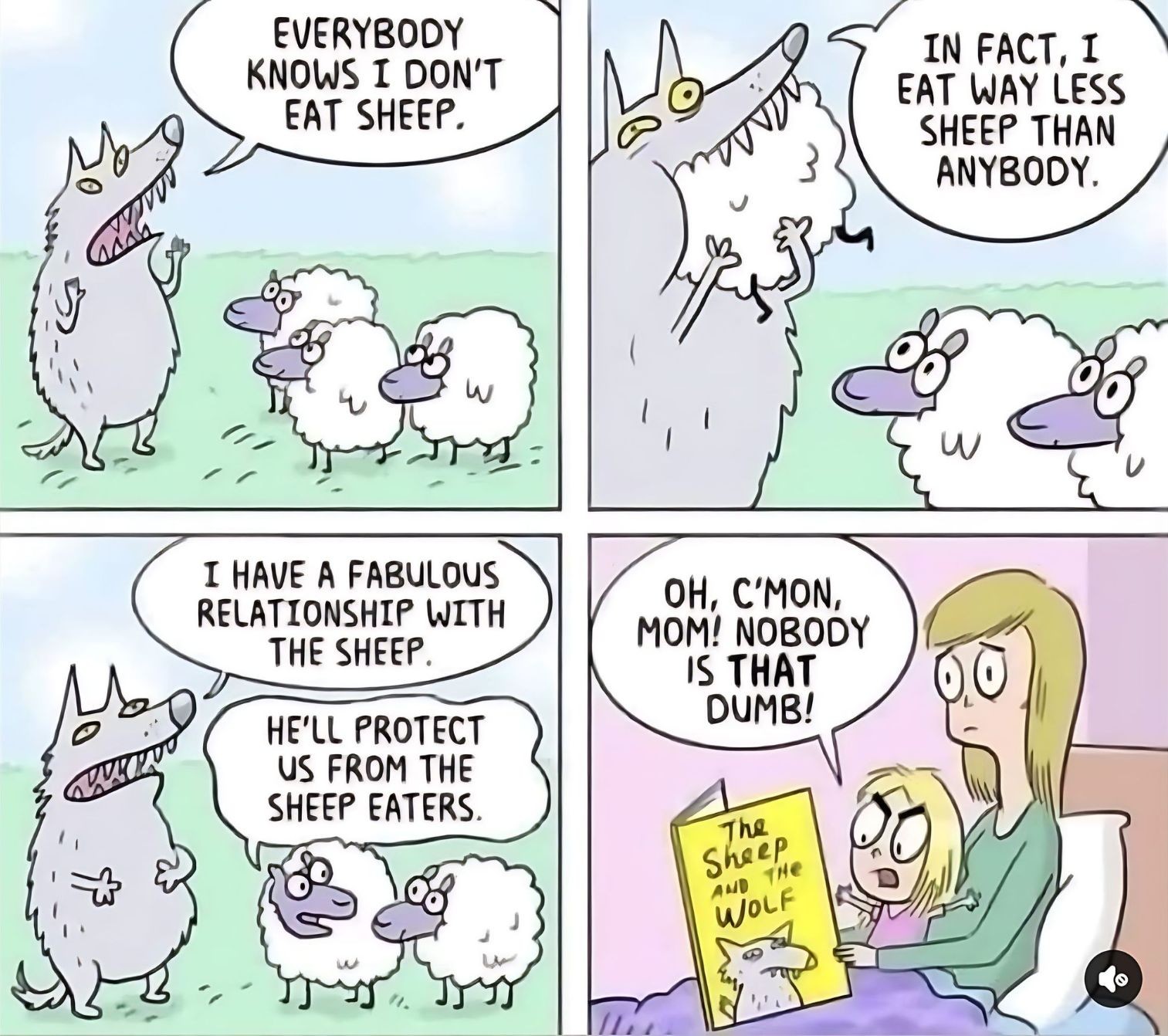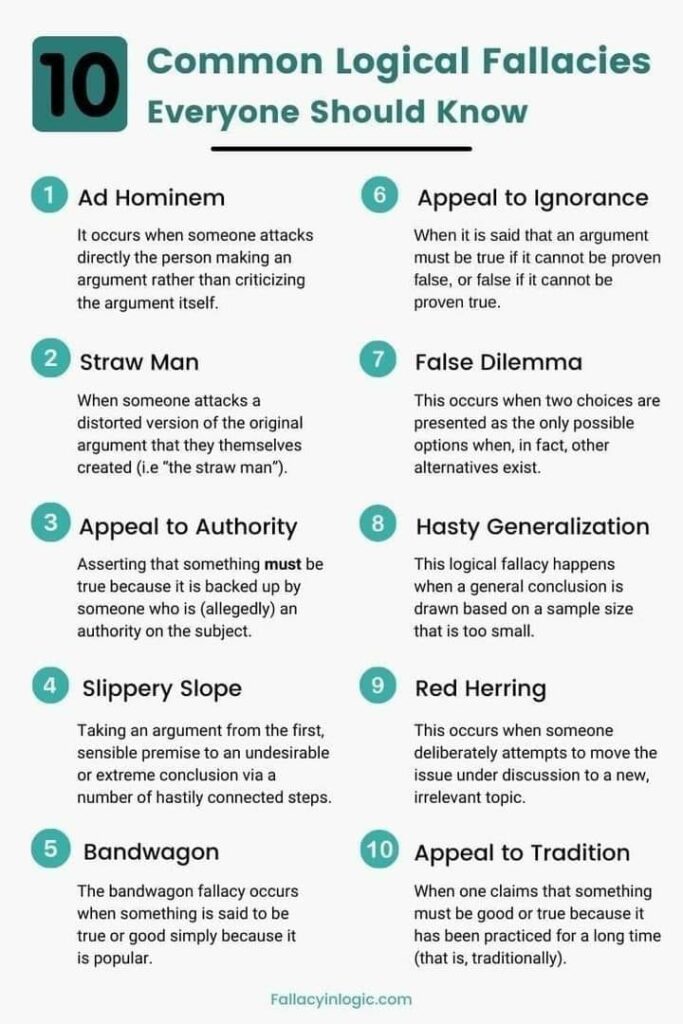The current mess at Peace News has the same people and the same story as the mess ten years ago in the organizing of the Radical Media Conference, which I was involved as a core organiser https://hamishcampbell.com/real-media-gathering-how-not-to-re-boot-grassroots-media/
Firstly I have little knowledge about the current mess, but I have experience of the same mess with the same people, likely the is some relevance, let’s look at some of the language used:
“During that time I have had to witness the unbalanced behaviour of Milan Rai as he struggled to protect his ‘kingdom’ from any attempts by PNT to establish some system where we, as trustees, might obtain some degree of insight into the intentions and the political vision of the editor of what was clearly a failing project.”
“Milan Rai’s typical tactics: the personalisation of issues, with Glyn pilloried as an authoritarian who lacked the ethical commitment to the core values of pacifism that informed the group of companies. It became a nasty business”
“Tension between PNT and the editorial staff of Peace News (Milan Rai in particular) has been over the question of the quality of the paper and editorial accountability… asking themselves how to try and handle the problem of Milan Rai, as sales declined and the distance between the editorial staff and the trustees grew.”
“PNT had never faced a situation where an editor insisted on clinging on to his position…. We were ill-equipped to deal with this challenge of an editor who was not afraid to insist on maintaining sovereignty over his domain.”
“Various attempts to recruit new members for the PNT board failed because potential trustees, particularly women, had unpleasant past experiences of working with Milan Rai in different capacities… Almost immediately the new board of PNL along with the staff, launched delaying, duplicitous and dishonest ways to maintain a veil of secrecy around its deliberations and to prevent any ‘interference’ from the trustees.”
All from https://peacenewstrustees.my.canva.site/
The other side is here https://peacenews.info/blog/2024/entire-peace-news-staff-resign-protest-over-tidal-wave-intimidation-harassment-and
“over ‘tidal wave of intimidation, harassment and threats… The relentless bullying campaign we have experienced”
And here https://peacenews.info/node/11063/peace-news-close
“‘The tidal wave of intimidation, harassment and threats that we have experienced over the last year has been extremely stressful and exhausting… We tried to create a more healthy relationship between PNT and PNL, based on consent and mutual respect, protecting a space for private conversation and discussion without PNT surveillance or micro-management. Unfortunately, that attempt has been unsuccessful… “The relentless bullying campaign we have experienced”
This next language and action has destroyed meany grassroots movements: “PNT would no longer allow PN to draw from a large legacy held by PNT (access to this legacy had previously been agreed in order to pay staff wages and other expenses) – also from 1 August… it was an ‘error’ to see this large legacy as owed by PNT to Peace News Ltd (despite the fact that the PNT accounts have for years clearly stated that this legacy belongs to Peace News), raising the prospect that PNT would seize this money”
Am sure every side wonted to end this mess “The PN staff and Peace News board members realised that we were all about to tip into legal battles that would drain the bank accounts of both Peace News Ltd and its parent company, and which might end up requiring the sale of 5 Caledonian Road, destroying Housmans Bookshop, our sister project, in the process.”
“no way to deal with the bullying we had endured – and which we faced more… pointing out the level of sexism… staff members done to deserve the kind of treatment inflicted and threatened… something which had been set up as a defensive move in the face of PNT’s intrusive and controlling behaviour… we have now had over a year of dictats, wild accusations, repeated and sustained attacks on PNL’s autonomy, and the casual floating of “options” that could put Housmans’ finances at serious risk – for example, by tripling their rent… the latest in a long line of authoritarian and destructive decisions and initiatives”
The problem in this kinda text is that this is exactly the problems I experienced working with one of the individuals at the centre of this mess, I could have written the first part of this quoted text about my experience working with PN ten years ago “leadership of PNT has been marked by chaos, confrontation and an obsession with control… Positively, the staff did also offer to join PNT temporarily and to help bring in new PNT directors.” can you see the power politics in play in the second line quoted?
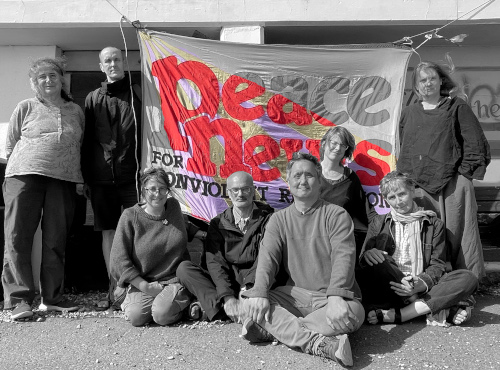
At this point I would like to be clear, I likely would have little sympathy for the plans for change being pushed by the trusty’s on the one hand, but my experience of trying to work with some of the PN crew and the quotes above highlights https://hamishcampbell.com/the-victimhood-narrative-needs-composting/ this post, that in a small part comes from my experience dealing with some members of PN ten years ago… the mess has not changed.
What can we learn for this, and some activist reaction to this mess https://freedomnews.org.uk/2024/09/01/mass-resignation-closes-peace-news-hold-to-mon/
The situation at Peace News (PN) is a mess, a mess that mirrors similar conflicts, a direct example from the history of PN, a decade ago during the organizing of the Radical Media Conference I look at latter. Having been personally involved in the alternative tech and grassroots media scene, I’ve seen this pattern play out, and it’s clear that there’s something fundamentally wrong in how these dynamics unfold. Conflicts are not isolated; they are ingrained in the culture of organizations, perpetuated by individuals and unresolved power struggles.
The mess at Peace News revolve around issues of control, accountability, and power dynamics. On one side, the Peace News Trustees (PNT) accuse Milan Rai, a long-standing editor and a central figure at Peace News, of being unaccountable, manipulative, and resistant to attempts to create transparency and oversight. On the other side, the Peace News Limited (PNL) staff accuse the trustees of intimidation, harassment, and micromanagement.
It is a recurring conflict, let’s look at my experiences with the Radical Media Conference, the same names and dynamics of control and manipulation: Milan Rai holding onto control, resisting oversight, and personalizing issues to deflect criticism. The same experiences with the same individual. Then we have both sides steeped in victimhood narratives, where each sees themselves as besieged by the other. On the PNL side, there are claims of bullying, harassment, and authoritarian tactics by PNT. Meanwhile, the PNT sees itself as trying to inject accountability to the editorial team. The inability to break out of this victim-oppressor cycle contributes to the ongoing mess. The root causes are power politics and culture of control.
What can we learn from this? Maybe rebuild with clear #4opens governance and accountability, structures that have transparency in roles, responsibilities, and levels of accountability to prevent any single individual from accumulating unchecked power. Composting bad faith arguments and toxicity, to recognize the patterns of destructive behaviour and actively work to break them down, just like compost. This might allow for new, healthier shoots to growth. Organizations need to be willing to let go of old, toxic structures and dynamics to allow something more healthy to grow. Then we need to move beyond victimhood narratives: Both sides in this conflict are deeply entrenched in their victimhood narratives, which serves to escalate the conflict.
Conclusion, the mess at Peace News is a tragic example of what happens when unresolved conflicts, entrenched power dynamics, and a lack of transparency come to a head. It mirrors a pattern that has played out in grassroots movements over the years, including my own experience trying to work with the Peace News editorial team at the Radical Media Conference. In my limited experience this mess has been ongoing for more than ten years, if there’s a lesson here, it’s that we need to focus on building structures and cultures that prioritize trust, accountability, and a shared vision—not control and blame.



